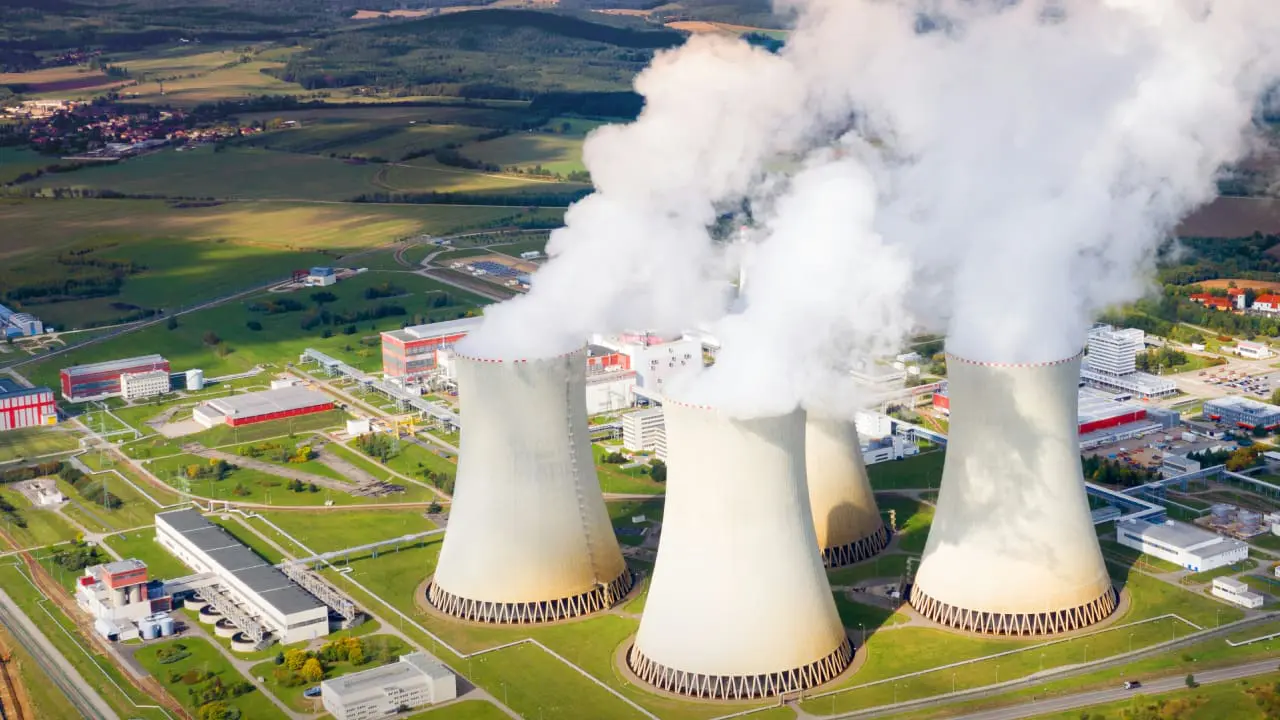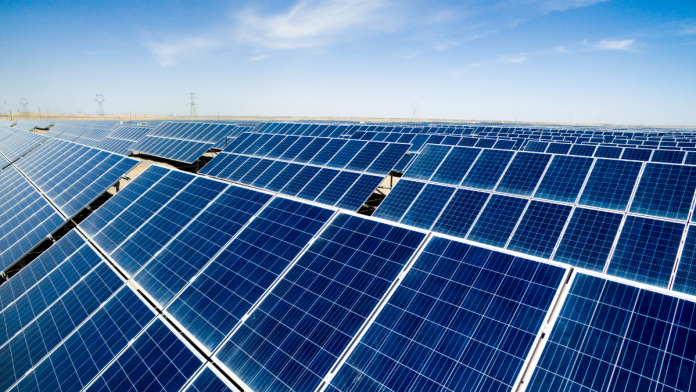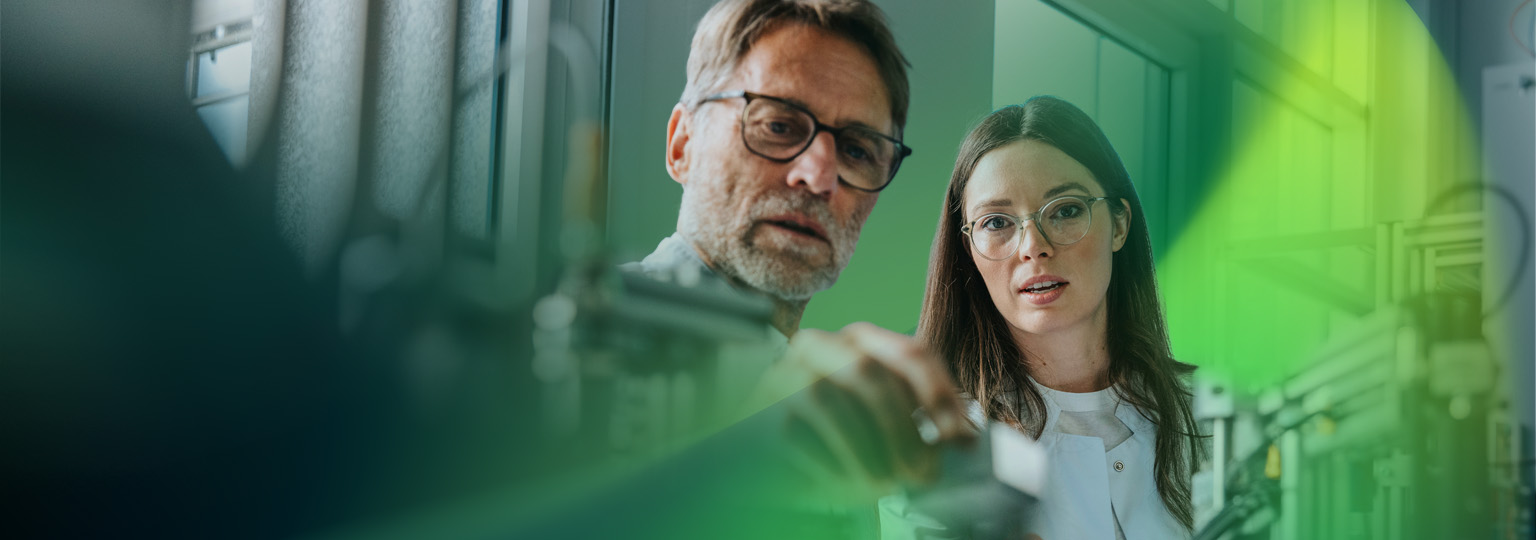Written by: Faith Jemosop
Nuclear energy it’s back in the headlines. Not because of disasters or meltdowns. But because of potential. Because the world is looking for clean, reliable, and scalable energy sources. And nuclear is ticking all the boxes.
South Africa is taking note.
Tonight, we decode a quiet revolution brewing in Pretoria.
South Africa is betting on nuclear power. Not the old kind. A smaller, smarter kind.
It’s called the Small Modular Reactor or SMR.
And the state-run nuclear agency Necsa is all in.
Let’s understand what this means.
Necsa, short for the South African Nuclear Energy Corporation, is not new to nuclear power. It runs the SAFARI-1 research reactor in Pelindaba. It produces medical isotopes. It has expertise in nuclear fuel. And now, it wants to go commercial.
The vision is bold:
Build South Africa’s first SMR at Pelindaba.
Use it to power communities.
Then scale it across the country.
Replace coal plants. Desalinate water. Even produce hydrogen.
In an exclusive interview, Necsa’s top executive said this could be “a game-changer.” Not just for power generation, but for industrial development.
He’s right. SMRs are safer. They use passive cooling systems. They can be built in factories and shipped to sites. They require less capital. And most importantly, they emit no carbon.
For a country plagued by blackouts and climate pressure, this sounds ideal.
But here’s the catch.
None of this is official policy. Yet.
Necsa is waiting like everyone else for the new Integrated Resource Plan. That’s the government’s next big energy document. It will decide whether nuclear stays a dream or becomes a reality.
Until then, Necsa is preparing. Lobbying. Training. Building capability. Because if the decision is yes, they want to be ready to move.
And they’re not just thinking energy. They’re thinking of hydrogen.
Also read: Dangote Refinery Fire, Minor Hiccup or Major Trouble for Nigeria’s Oil Industry?
Process heat from SMRs can produce clean hydrogen, a fuel of the future. Countries like Japan and South Korea are already on this path. South Africa wants in.
But can I afford it?
That’s the billion-rand question.
Nuclear power is expensive. The upfront costs are massive. The lead times are long. And the public trust? Fragile. Especially in a country with corruption scandals and infrastructure failures.
So what should South Africa do?
First, get the IRP right. Make nuclear a clear part of the mix but not at the expense of renewables.
Second, start small. One SMR. One pilot site. Prove it works. Show the public. Build trust.
Third, partner smart. Bring in international expertise. Learn from countries like Canada, which is already building SMRs.
Also read: Why Over 3 Million South Africans Still Live Without Access to Electricity
And finally, stay transparent. Nuclear cannot afford secrecy. It must be open, regulated, and public.
This could be South Africa’s second nuclear chapter. The first one was built in Koeberg. This one could change the energy future.
But only if it’s done right.
Because nuclear power, like all power, is political. It can light up cities or burn through budgets.
And as always, the fine print matters.



